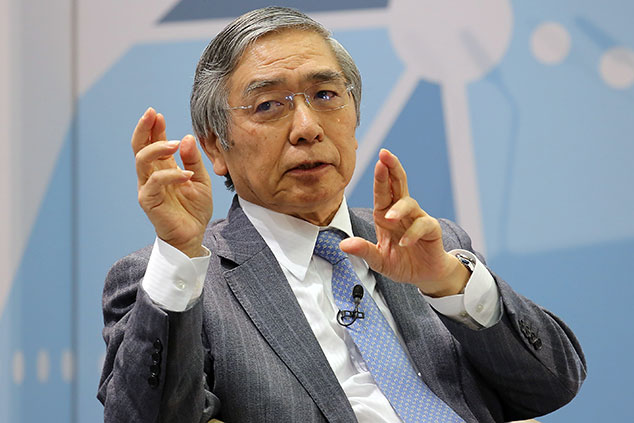
A shortage of labour drives up wages. Seems obvious doesn’t it? If you want something and there isn’t much of it about, you will have to pay more for it than if it were in plentiful supply.
The problem with the theory over the last few years has been that despite very low unemployment rates in countries such as the UK, the US, and in particular Japan (where the jobless rate is a stunningly low 2.5%), wages haven’t been rising much.
But the latest numbers from Japan suggest that might now be changing. According to today’s estimates, (preliminary) cash earnings jumped from a 1.0% year-on-year rise in February to 2.1% in March – rather more than the consensus estimate of 1%.
It isn’t completely straightforward – much of the rise came from bonus payments, which are obviously volatile. But, overall, the strength in the numbers was pretty broad-based, says Capital Economics: the 1.8% year-on-year rise in overtime pay was the highest it has been since November and the 1.3% increase in base pay marked the strongest rise since 1997. Note, too, that “these strong wage gains are even more impressive once we take into account that working hours fell by 1.4% year on year”.
The analysts at Pantheon Economics are excited too. They point out that the composition of the labour force has changed a little, too: there are more permanent workers – generally paid more – inflating the average, and temporary workers appear to have begun to be turned into employed part-time workers (better for them).
Everyone agrees that these numbers are so high that they are likely to be revised down over the next few month. But, nonetheless, says Pantheon, there appears to have been a “positive reset“ to wages: “these data provide further evidence that the BoJ’s long-awaited wage-price spiral is off the ground.” So much so that it might be time to stop referring it as “nascent” and start considering it established.
This doesn’t necessarily mean that the Bank of Japan will be tightening monetary policy in the immediate future. But it does signal significant change – and that opens the door to surprise.
What if the surprise of 2018 were twofold? First, that supply and demand work as they should on prices (something some economists were beginning to doubt) and second that this dynamic leads to the end of monetary stimulus in Japan sooner rather than later?